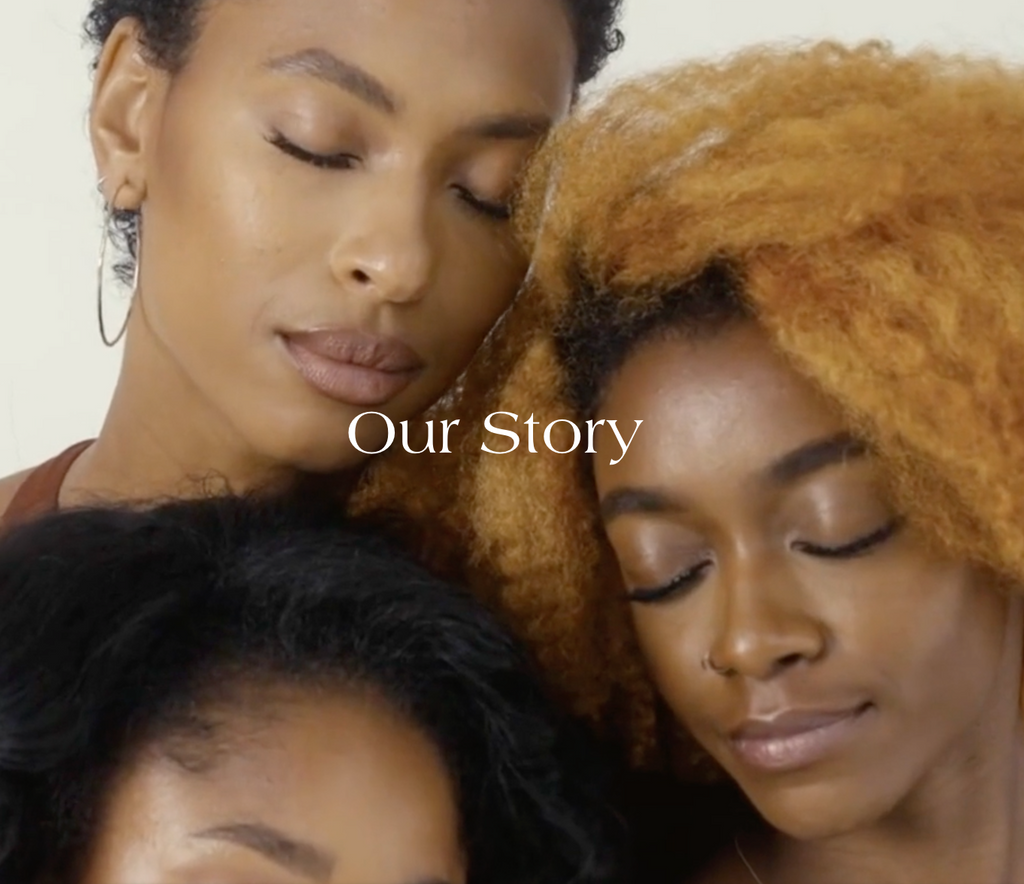
Bridging Health and Beauty: Addressing Disparities and Inequities
As an emergency medicine physician deeply passionate about health policy, I am committed to tackling the pervasive issues of health disparities and inequities in medicine. Echoing the sentiments of our esteemed Representative Pressley, I believe that “policy is my love language,” as it serves as a catalyst for change. My advocacy for policy reform stemmed from a personal journey through the flaws I encountered within the medical field. However, these disparities extend beyond healthcare to encompass various industries, including the hair and beauty sector.
This realization dawned on me during my own struggles with hair-related challenges following a diagnosis of thyroid cancer and reproductive health issues. Amidst hormonal imbalances, I found myself without adequate resources or products tailored to my specific hair type and conditions.
In many ways, the disparities present in healthcare parallel those in the beauty industry. Primarily, communities of color face limited access to safe and quality products, contributing to reproductive health issues. The recent FDA announcement in 2023 highlighted the risks associated with certain chemicals found in hair products, particularly impacting uterine cancer and reproductive health.
Furthermore, disparities in access to safer products disproportionately affect Black and low-income communities in Boston, such as Roxbury, Dorchester, and Mattapan, as evidenced by Dr. Marissa Chan’s research from T.H. Chan Harvard School of Public Health. This lack of access may be linked with higher rates of maternal and reproductive health complications within these communities.
Similarly, workforce diversity within the beauty industry remains lacking, with only a small percentage of Black employees. This leads to inadequate representation in stores and hinders effective customer support for Black consumers seeking hair care advice.

Moreover, the economic ramifications of limited access to the beauty industry for the Black community are significant, considering their substantial spending on beauty products. Despite this, Black-owned beauty brands constitute a minuscule portion of industry revenue and are underrepresented in retail spaces.
Addressing these barriers to access in the beauty industry is crucial, as retailers play a pivotal role in perpetuating health disparities. Increased emphasis should be placed on expanding access to safer products for Black and low-income communities, thereby addressing racial inequalities that intersect with health and economic mobility.

